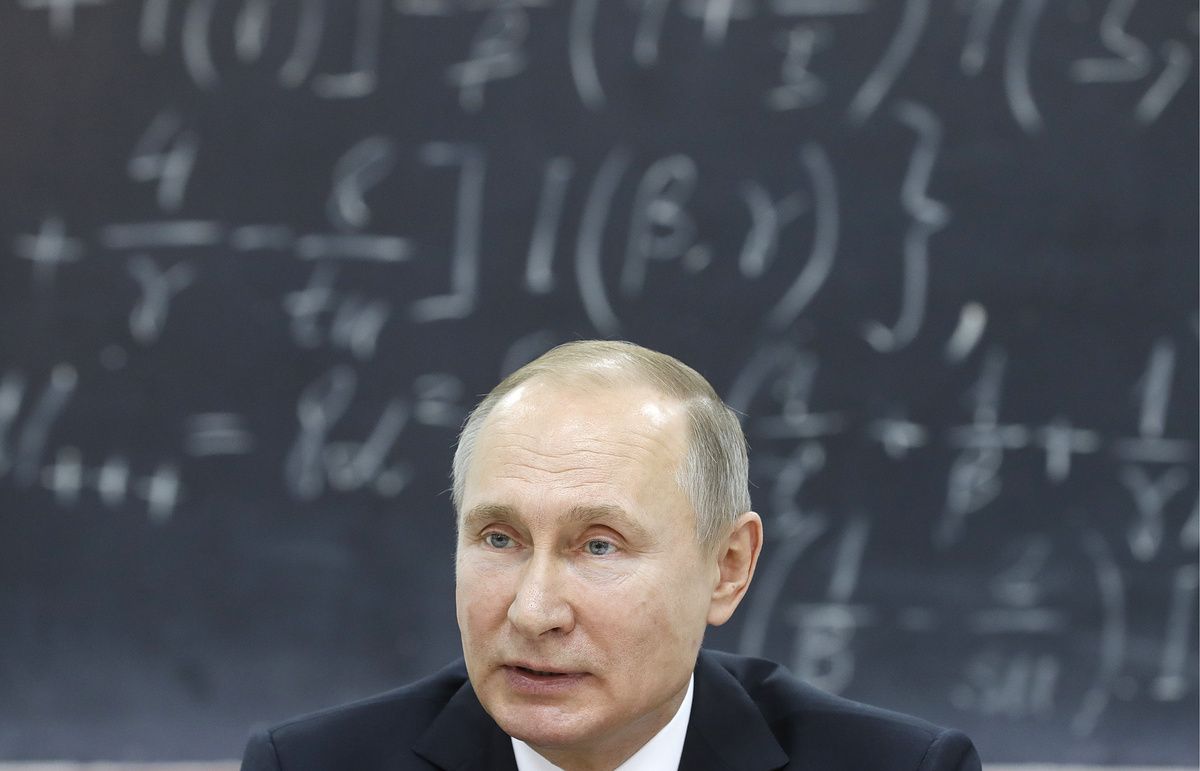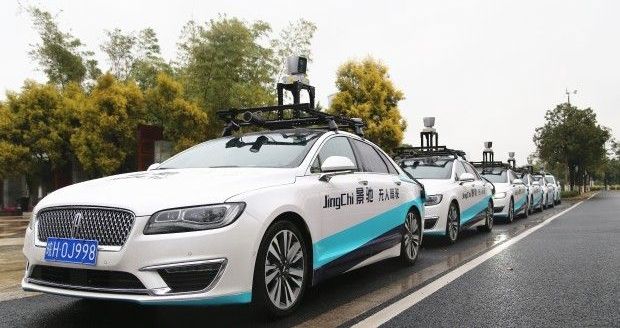Russian President Vladimir Putin has called for expanding scientific cooperation with other countries and establishing powerful international research centers in Russia.
“Of course, we were actively involved in preparations to set up these [international scientific] centers. We are currently working there, and working successfully,” he said at a meeting of the Council for Science and Education. “However, we need to establish such centers of our own.”
The president recalled the proposal to establish one of such centers in Novosibirsk. “I believe that’s the right idea,” he stressed. “We will be sure to think about this and implement this project.”
Putin added that Russia is involved in a number of international science projects, in particular, in the work of the Large Hadron Collider in Switzerland, a thermonuclear reactor in France and a free-electron laser in Germany. According to the president, Russia as a participant in these projects has the right to use their results. “We must think how to use them [these results] effectively for the benefit of the development of the country, its economy and social sphere,” he stressed.
The head of state pointed to the task of supporting young gifted scientists. “All those who show successful results should have an opportunity to build a research career, implement large-scale scientific projects, have a long-term horizon for planning their activities,” he pointed out. “The most important thing is that the path to science should begin for young people during their school years.”









 Representative image.
Representative image.